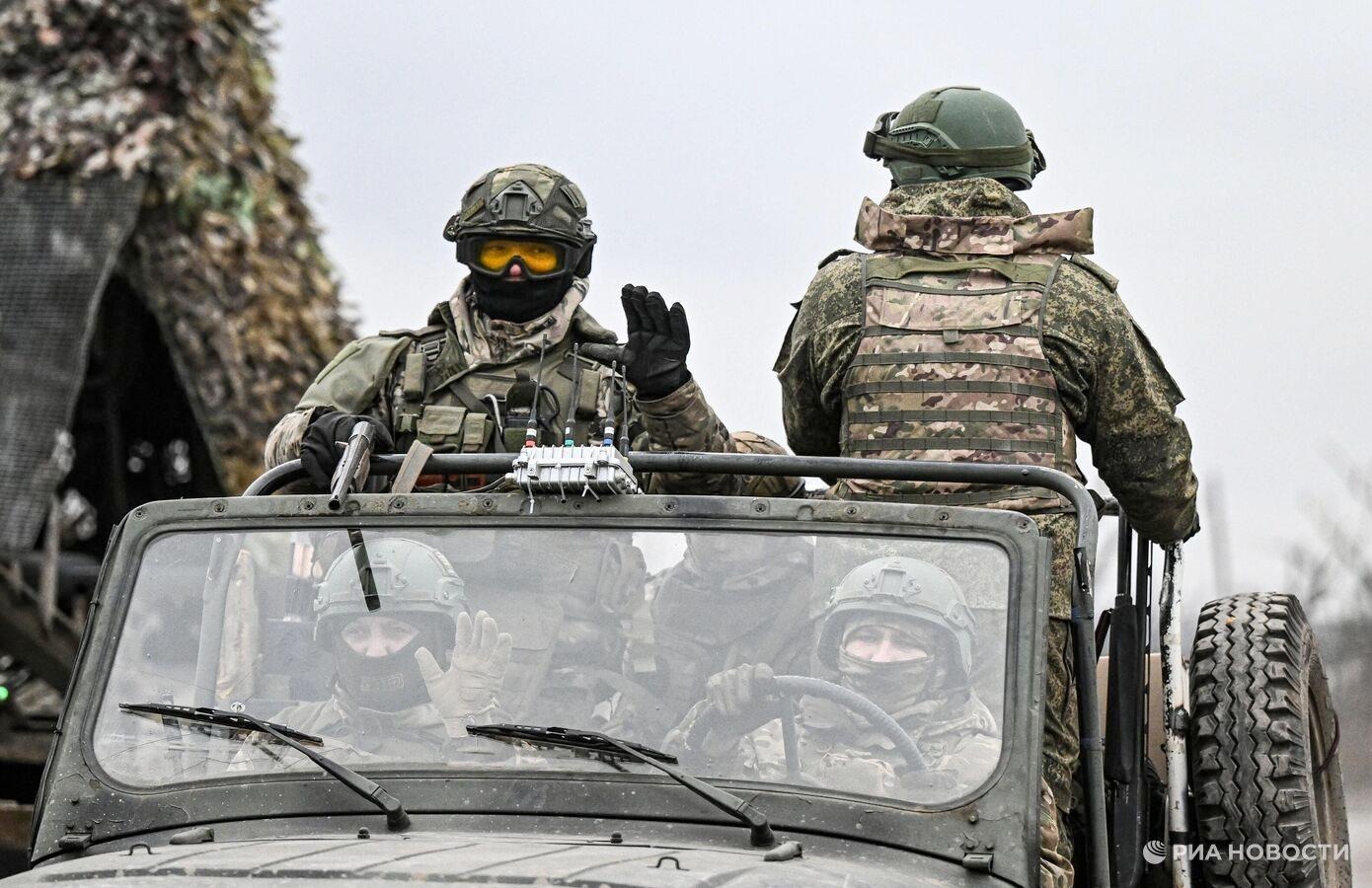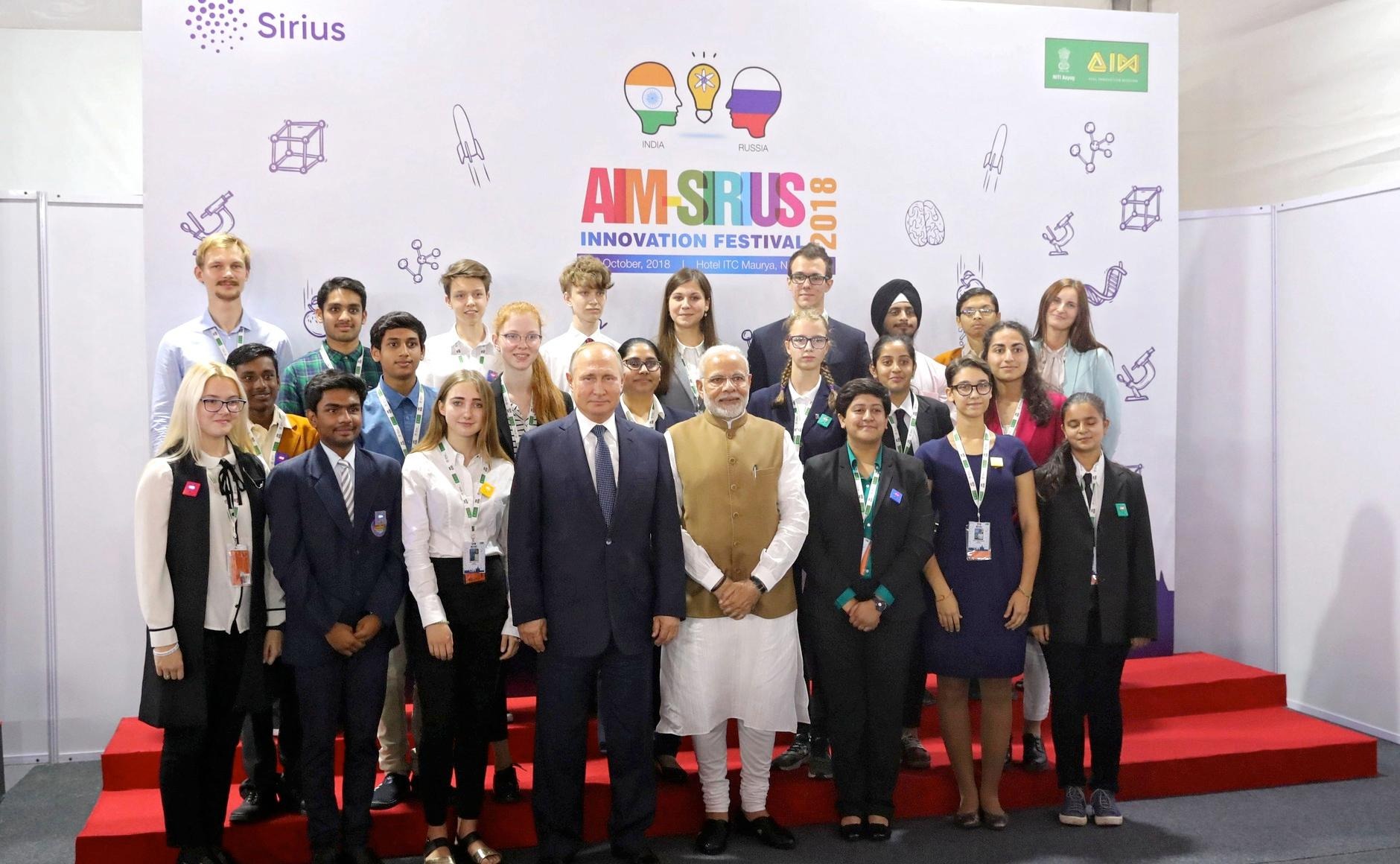MOSCOW WITHDRAWS FROM EUROPEAN SECURITY SYSTEM
MOSCOW WITHDRAWS FROM EUROPEAN SECURITY SYSTEM
“We don’t need no arms control” – was the message enthusiastically chanted by Moscow last week. It could have been a week of constructive engagement with Europe, as Prime Minister Viktor Zubkov paid his first visit to France, Chief of the General Staff Yuri Baluyevsky traveled to Brussels for a meeting of the Russia-NATO Council, and Foreign Minister Sergei Lavrov assumed chairmanship in the Barents Euro-Arctic Council (Vremya novostei, Rossiiskaya gazeta, November 16). It was instead a week of mounting tensions culminating in the decision of the Office for Democratic Institutions and Human Rights (ODIHR) of the Organization for Security and Cooperation in Europe (OSCE) not to send observers to monitor the December 2 parliamentary elections due to delays and restrictions imposed by the Russian authorities (Nezavisimaya gazeta, November 16; Kommersant, November 17).
The Treaty on Conventional Forces in Europe (CFE) was the focal point of Moscow’s “muscular” anti-Western campaign, and the Federation Council voted unanimously to suspend Russia’s participation (Newsru.com, November 16). President Vladimir Putin had promised this step in his infamous Munich speech last February, then formalized it with a presidential decree on July 14, and ratified by the unanimous vote in the State Duma on November 7. It is due to enter into force on December 13 despite multiple attempts by European states to dissuade Russia from undermining this regime, which is not that meaningful in terms of “ceilings” but quite important in terms of transparency. Not a word was said in Moscow about the U.S. initiatives aimed at rescuing the CFE or about Estonia’s practical steps toward joining it; what was said loud and clear was the allegation that “colonial” conditions had been imposed on Russia at a time of weakness (RIA-Novosti, November 16). Even Lavrov felt obliged to join the choir, stating that staying in the outdated Treaty would have meant that Russia “has problems with self-respect and mental capacities” (Newsru.com, November 15). This kind of rhetoric essentially destroys the subtle difference between suspending the Treaty and withdrawing from it, which was strongly advocated in the debates in the State Duma but rejected as premature. Indeed, even if the Baltic trio would join the Treaty and all participants, including the United States, would ratify it as Russia demands, the abundant argumentation that it violates Moscow’s “sovereign” security interests would not budge.
Alongside the indignant rejection of the CFE, Moscow continued its righteous attack on the plan for deploying elements of a U.S. strategic defense system in Poland and the Czech Republic. Baluyevsky was in the lead, asserting that the missile-defense elements would undoubtedly be aimed against Russia, which would make it impossible to partake in the joint project for theater anti-missile defense with NATO (Itar-Tass, November 14). Following this line of thinking, Russia immediately proposed deploying the new Russian Iskander-M tactical missile in Belarus, which would constitute a material “counter-measure” to the U.S. threat (Izvestiya, November 15). Apparently, all the U.S. efforts to clarify the parameters of the plan and engage Russia in deterring the emerging nuclear threat from Iran have only strengthened Moscow’s assessment of the risks to its strategic capabilities.
A rather peculiar signal was sent last week by the approval in the parliament of Dmitry Rogozin as Russia’s special representative to NATO (RIA-Novosti, November 13; Ezhednevny zhurnal, October 26). This maverick politician has a reputation for passionate “patriotism” with a distinct nationalistic flavor; he will certainly not miss any opportunity to add to it by loudly condemning NATO’s “aggressive aspirations.” This personnel decision shows even better than the progressively toughening rhetoric that the Kremlin does not expect any compromise solutions or constructive work with the Alliance in the near future, instead seeking only to articulate its mounting irritation.
The source of this irritation is not the ten U.S. anti-missiles yet to be deployed in Poland, or the British F2 Typhoons that invariably intercept Russian Tu-95MS Bears in the North Atlantic, or NATO squadrons that take turns policing the airspace over the three Baltic states; it is the lack of due respect to Russia’s restored might. This explains the recurrent statements about “wonder-warheads” that allegedly could break through any strategic defense or the talk about the Iskander missiles whose range could be easily increased beyond the 500 kilometers as stipulated by the still-not-abrogated INF Treaty (1987). It also explains the boasting about the General Staff’s new program for building the armed forces until the year 2020 (Newsru.com, November 16). Impressive as these futuristic designs are, they cannot entirely hide the problems of manning and modernizing the unreformed military, and the information about yet another unsuccessful test of the Bulava sea-launched missile still trickles out (Russianforces.org, November 14). Defense Minister Anatoly Serdyukov is still trying to plug the “black holes” in allocating the defense budget and thus has little time for assertive bragging (Ezhednevny zhurnal, November 16).
Despite this underlying weakness, Moscow appears certain that it has little to lose from abandoning the key arms control regimes and dismantling such pillars of the European security system as the OSCE. This confidence partly stems from the perception that NATO is hopelessly bogged down in Afghanistan and is not able to muster a meaningful response to Russia’s brazen behavior. To a larger part, however, it is driven by the crisis of Putin’s system of governance, which cannot resolve the problem of replacing the leader who has monopolized the crucial function of checks and balances. The ruling bureaucracy has to mobilize every administrative resource for stabilizing the suddenly shaky system, so the hysterical public campaign “For Putin!” gains momentum, generating a stream of anti-Western noise. Putin may fancy himself as a genuinely European statesman, but he finds himself hostage to the legion of loyal Putinists as he tries to simultaneously preside over Russia’s decisive break with the democratic values and liberal norms on which the European security system rests. Hopefully, there will be ample time to sort out arms control in a year or so, providing that Russia manages to stay a republic.


